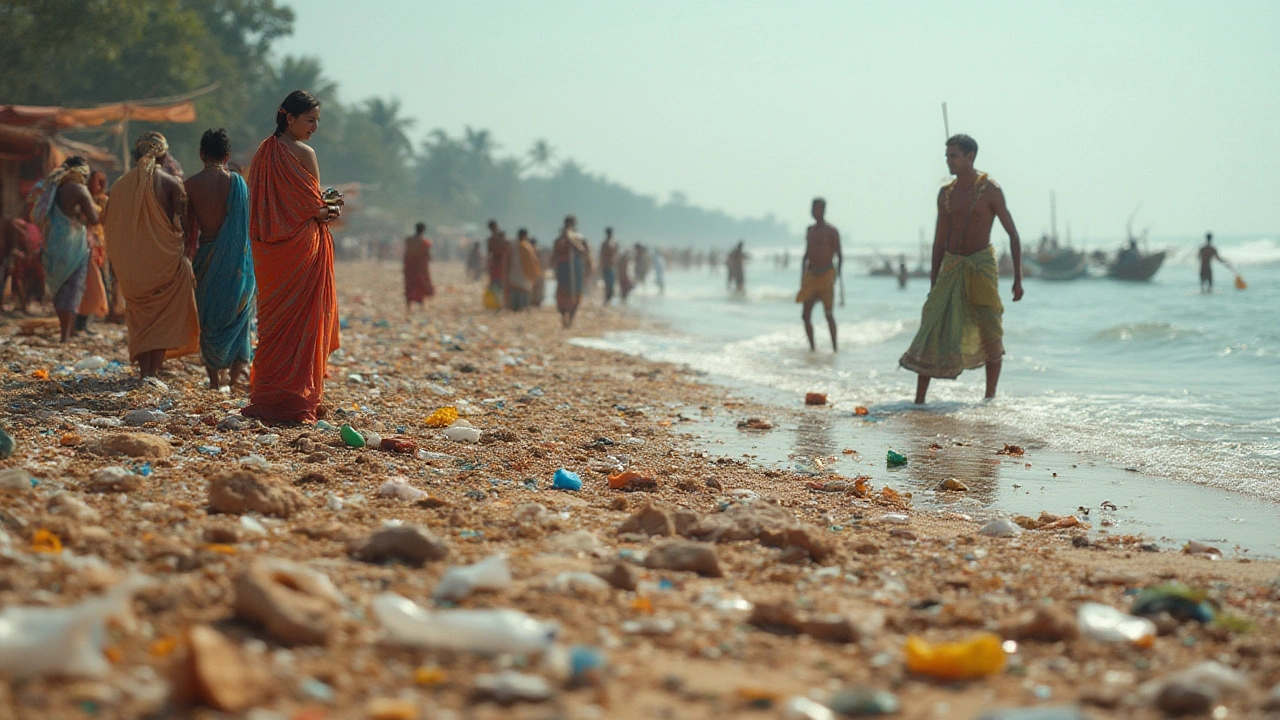Tourism Problems: Why Medical Travel Goes Wrong and How to Avoid Them
When people talk about medical tourism, the practice of traveling across borders for medical treatment. Also known as health tourism, it’s growing fast because prices are lower and wait times are shorter. But behind the savings, tourism problems are quietly making things worse—for your body, your wallet, and your peace of mind.
Many don’t realize that getting surgery overseas doesn’t mean you’re getting better care. It often means you’re getting less oversight. A knee replacement in Thailand might cost half as much as in the U.S., but if the clinic doesn’t follow global safety checklists, or if your aftercare plan falls apart once you land back home, you’re not saving money—you’re risking complications. The same goes for heart procedures: timing matters. If you fly home too soon after surgery, you could be dealing with blood clots or infections without access to the doctors who performed the operation. And forget about insurance. Medicare won’t cover you abroad. Private insurers rarely do either. You’re paying out of pocket, and if something goes wrong, you’re on your own.
Language gaps make it worse. If your surgeon speaks limited English and your translator is a hospital intern, miscommunication about dosage, activity limits, or warning signs can lead to serious mistakes. You might not even know you’re being given a kidney-harmful herb because the label was in a language you don’t read. And when you return home, your local doctor has no idea what was done, what meds you’re on, or what to watch for. That’s why international patient care, the support system for travelers seeking medical help abroad is often missing. No coordination. No records. No safety net.
Then there’s the hidden cost: time. Recovery isn’t just about healing. It’s about rest, follow-up scans, physical therapy, and adjusting to new limits. Rushing back to work or a vacation schedule because you ‘saved money’ on the procedure? That’s when real problems start. People think they’re getting a deal, but they’re trading convenience for risk—and often, they end up paying more later in rehab, emergency visits, or corrective surgery.
Some countries have excellent hospitals. Others? Not so much. The travel health risks, dangers tied to medical care received while abroad aren’t just about infections. They’re about poor documentation, unclear legal rights, and no way to hold anyone accountable. You might walk out of a clinic smiling, but weeks later, you’re in pain, confused, and alone.
What you’ll find below aren’t just stories. These are real cases—people who traveled for care, ran into trouble, and learned the hard way. From what to ask before booking a procedure, to how to spot a clinic that cuts corners, to why your post-op plan needs to start before you even leave home—this collection gives you the facts no travel agent will tell you.
-
5
Discover the 3 major negative impacts of tourism with real-life examples, facts, and tips. Learn how tourism affects the environment, local culture, and communities.
